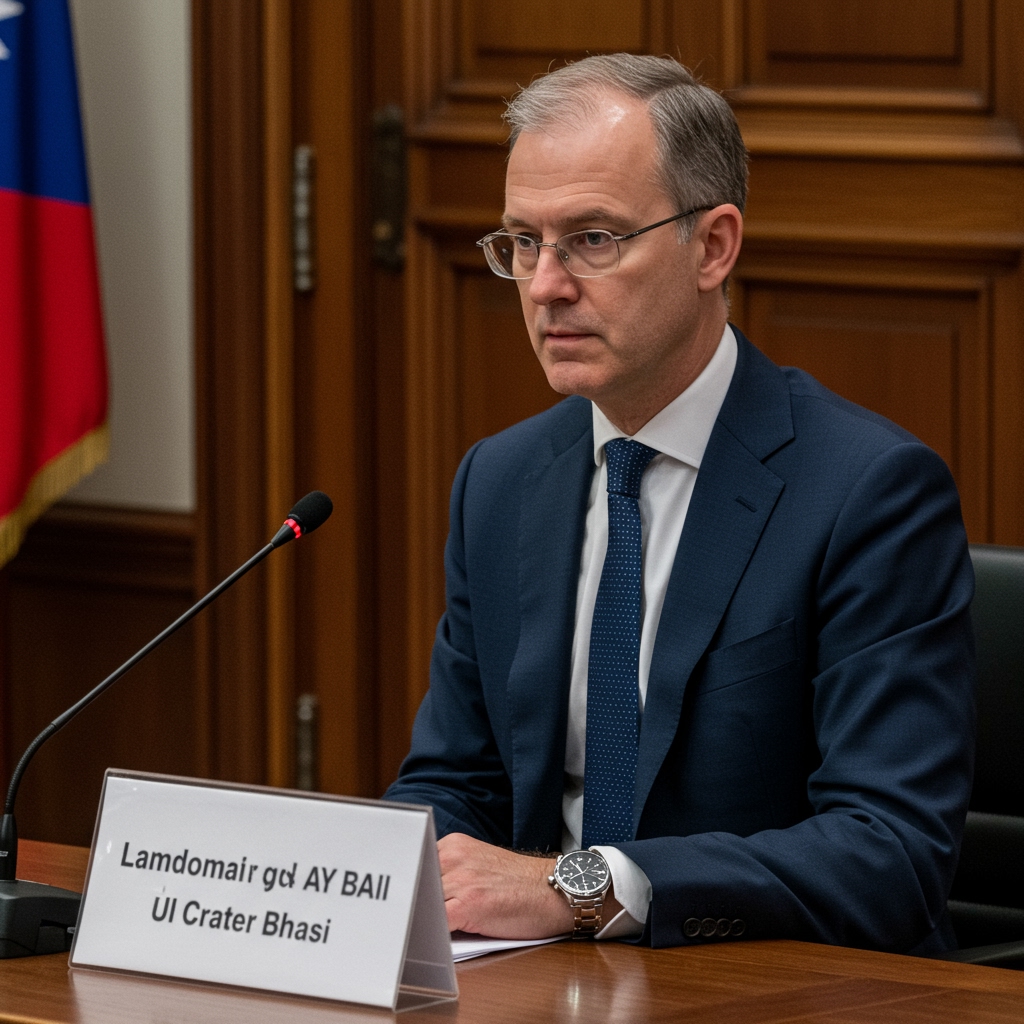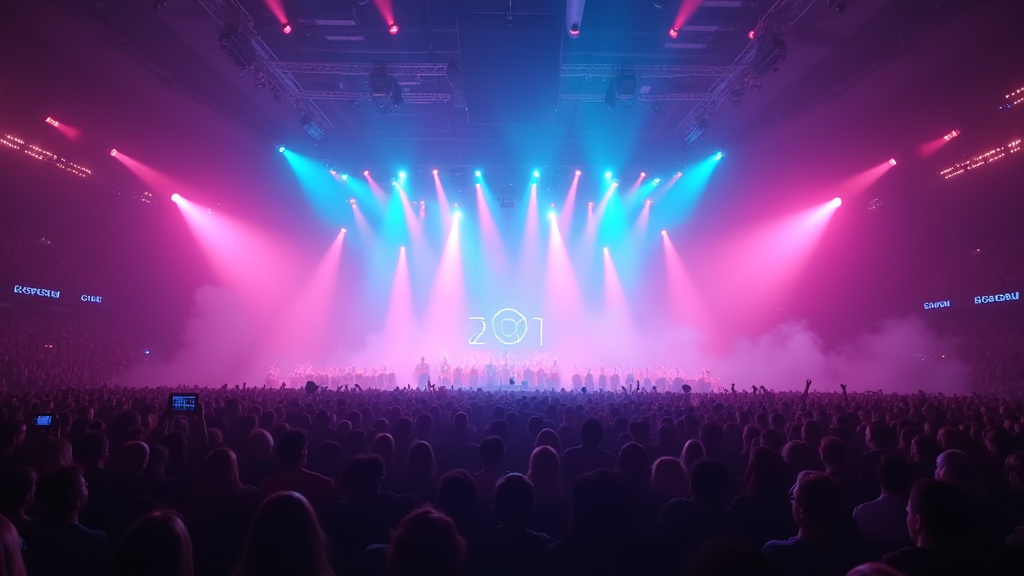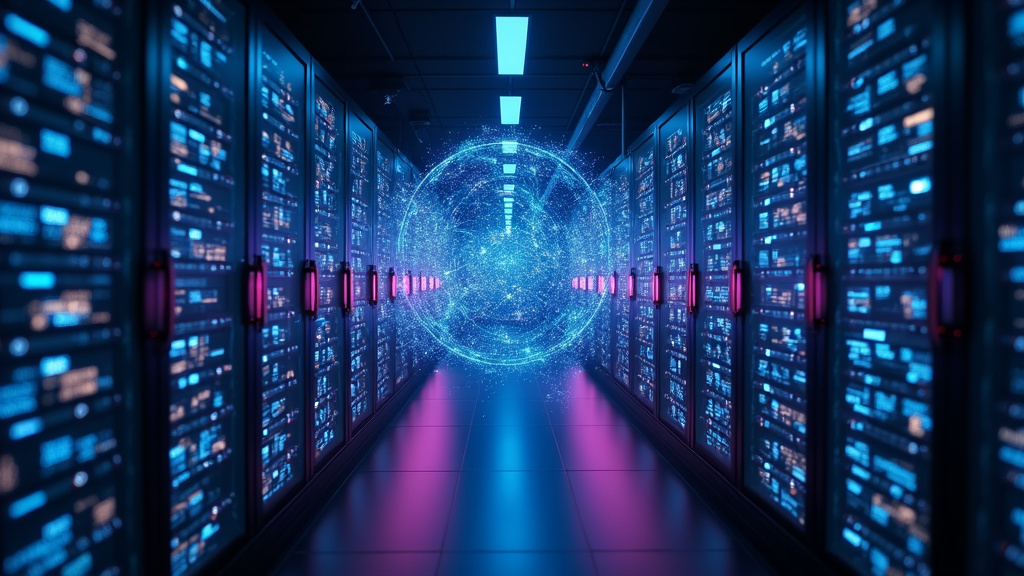EU Culture Committee Advances Landmark AI Copyright Licensing Bill
Brussels, Belgium – In a significant legislative step with potential global implications for the intersection of artificial intelligence and creative works, the European Parliament’s Culture and Education Committee (CULT) voted on April 29, 2025, to advance a crucial bill mandating explicit licensing for the use of copyrighted material in training data for AI systems. The vote marks a pivotal moment in the ongoing debate over how to fairly compensate creators in the age of generative AI, pushing forward a measure that has garnered strong support from artistic communities while facing significant opposition from major technology companies.
The Core of the Proposed Legislation
The central tenet of the bill, as it emerged from the Culture Committee, is the requirement for AI developers and operators to obtain explicit licenses or permissions before using copyrighted texts, images, music, video, or any other protected material to train their AI models. This provision moves beyond existing legal frameworks, which often include exceptions for text and data mining (TDM) under certain conditions, by specifically demanding affirmative consent for copyrighted content used in training datasets. Advocates argue this is essential because AI training is fundamentally different from traditional data mining, directly incorporating and often synthesizing creative expressions, thus potentially undermining the value of original works if not properly licensed.
Voices from the Creative Sector
Artist collectives, authors’ societies, visual artists’ associations, and particularly groups from the music industry, such as the International Federation of the Phonographic Industry (IFPI), have been vocal proponents of this legislative approach. They contend that the rapid advancement of large language models (LLMs) and other sophisticated AI systems has been fueled by the ingestion of vast quantities of copyrighted works without permission or compensation. Their position is rooted in the principle that creators have fundamental rights over their work and should be fairly compensated when that work is used to build powerful commercial technologies. The IFPI and other similar organizations have presented evidence suggesting that unlicensed use devalues creative output and makes it increasingly difficult for artists to earn a living in the digital age.
“Our members’ livelihoods depend on the value of their music and creative works,” stated a representative from a European artists’ collective during earlier consultations. “When AI models are trained on millions of tracks or images without licensing, it’s essentially using our labor and creativity as free raw material. This bill is a necessary step towards ensuring a fair and sustainable future for creators in the digital economy.”
Industry Concerns and Pushback
The proposed licensing mandate has, however, met with considerable pushback from the technology sector. Major companies heavily invested in AI development, including representatives from TechGiant Inc. and GlobalAI Labs, have expressed significant concerns regarding the potential impact of the bill. They argue that a strict explicit licensing requirement for all copyrighted training data could create insurmountable logistical and financial hurdles.
Building large, diverse datasets necessary for training state-of-the-art AI models requires access to petabytes of information. Identifying the copyright holder for every piece of data and negotiating individual licenses on such a massive scale is, according to tech industry representatives, practically impossible and prohibitively expensive. They warn that this could slow down innovation, make it harder for European companies to compete globally with entities operating under less stringent regulations, and potentially drive AI research and development activities outside of the EU.
A statement from a coalition representing tech companies highlighted these fears: “While we respect creators’ rights, this bill, as it stands, risks undermining the very foundation of AI development. Imposing mandatory explicit licensing for training data poses an existential threat to innovation, creating legal uncertainty and administrative burdens that could render cutting-edge AI research infeasible within the European Union. It places EU companies at a significant competitive disadvantage on the global stage.”
The Path to the Full Parliamentary Vote
Following the positive vote in the Culture Committee on April 29, 2025, the bill is now set to advance to a full plenary vote before the entire European Parliament. This crucial next step is anticipated in late May. The outcome of this vote will determine whether the proposed explicit licensing requirement becomes part of the EU’s broader legislative framework governing artificial intelligence.
The plenary debate is expected to be robust, featuring intense lobbying from both the creative industries and the technology sector. Members of Parliament will weigh the arguments regarding creators’ rights and fair compensation against concerns about fostering innovation and maintaining Europe’s competitiveness in the rapidly evolving field of artificial intelligence.
Potential Global Standard and Future Implications
Should the European Parliament adopt the bill with the explicit licensing mandate, it could potentially set a significant global standard for how intellectual property rights are handled in the context of AI training data. The EU has often been a frontrunner in digital regulation, and its legislative decisions frequently influence policy discussions and legal frameworks in other jurisdictions around the world.
The proposed law represents a direct and forceful legislative response to escalating demands from creators, cultural institutions, and the public for greater transparency and equitable compensation concerning AI’s widespread utilization of existing creative content. It underscores the growing tension between the unfettered access to data desired by AI developers and the established rights of those who produce the content that makes such sophisticated systems possible.
The vote on April 29, 2025, by the Culture Committee, therefore, is not merely a procedural step but a clear signal of the European Parliament’s intent to prioritize the rights and interests of creators in the age of artificial intelligence, despite the significant economic and practical concerns raised by the technology industry. The final decision in the full parliamentary vote in late May will be closely watched by stakeholders worldwide, shaping the future landscape of AI development and intellectual property in Europe and potentially beyond.





